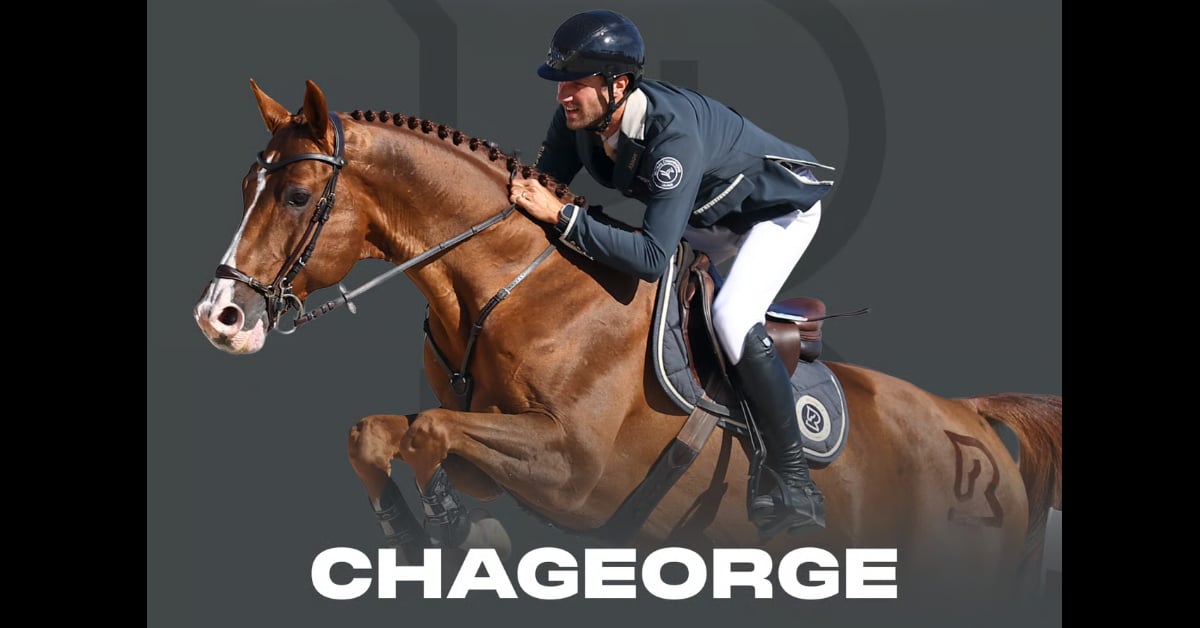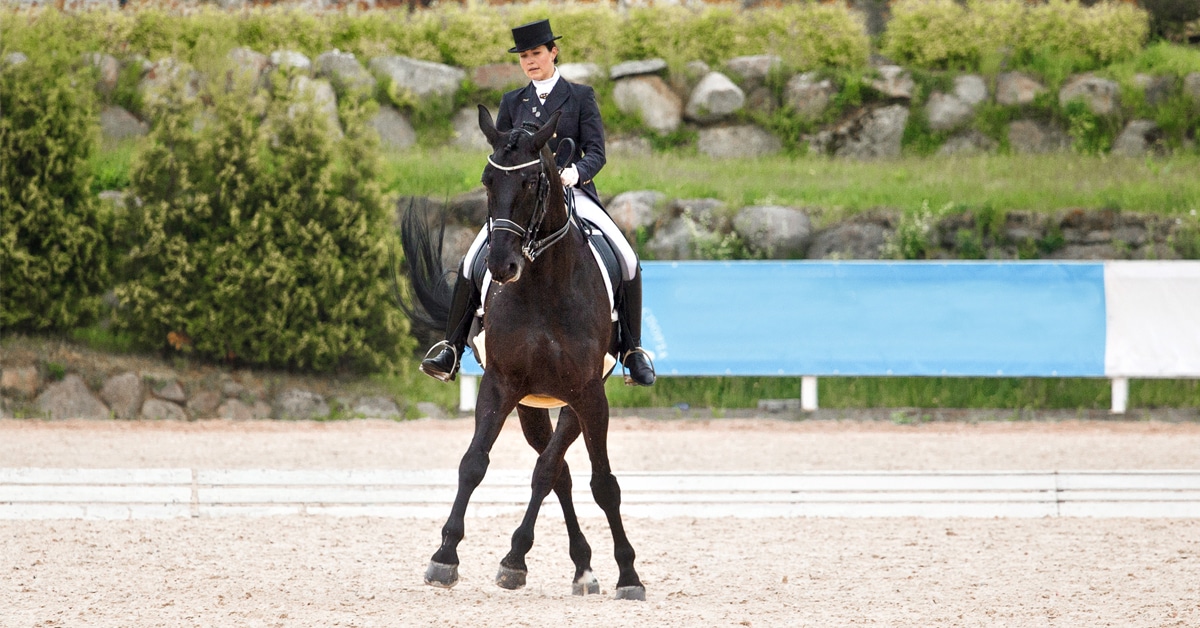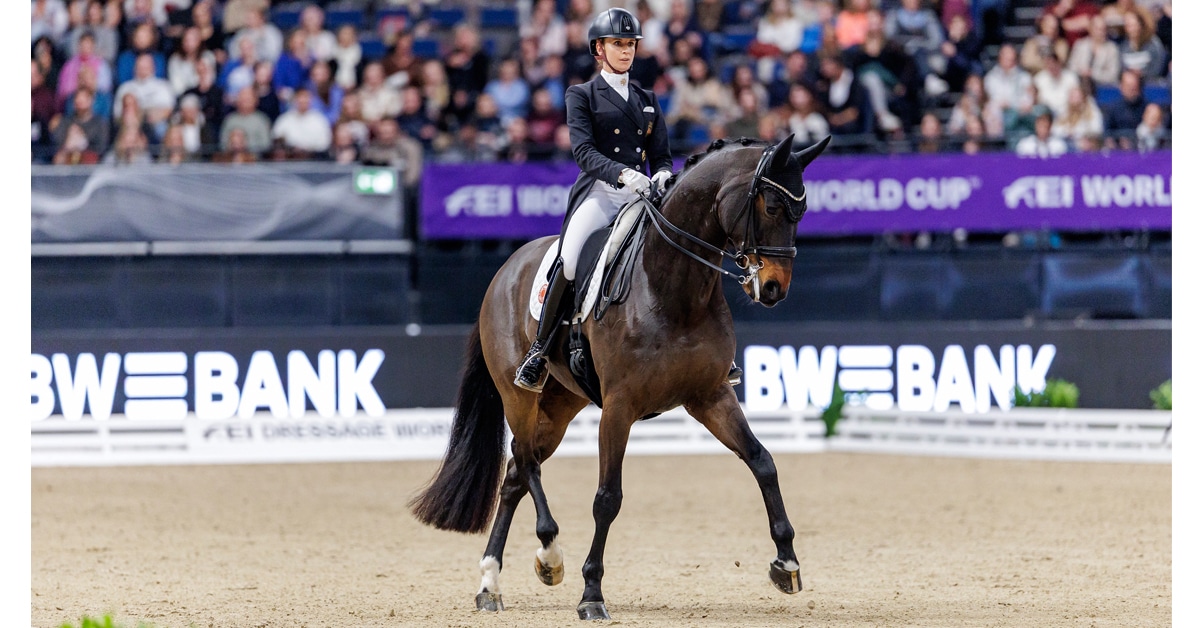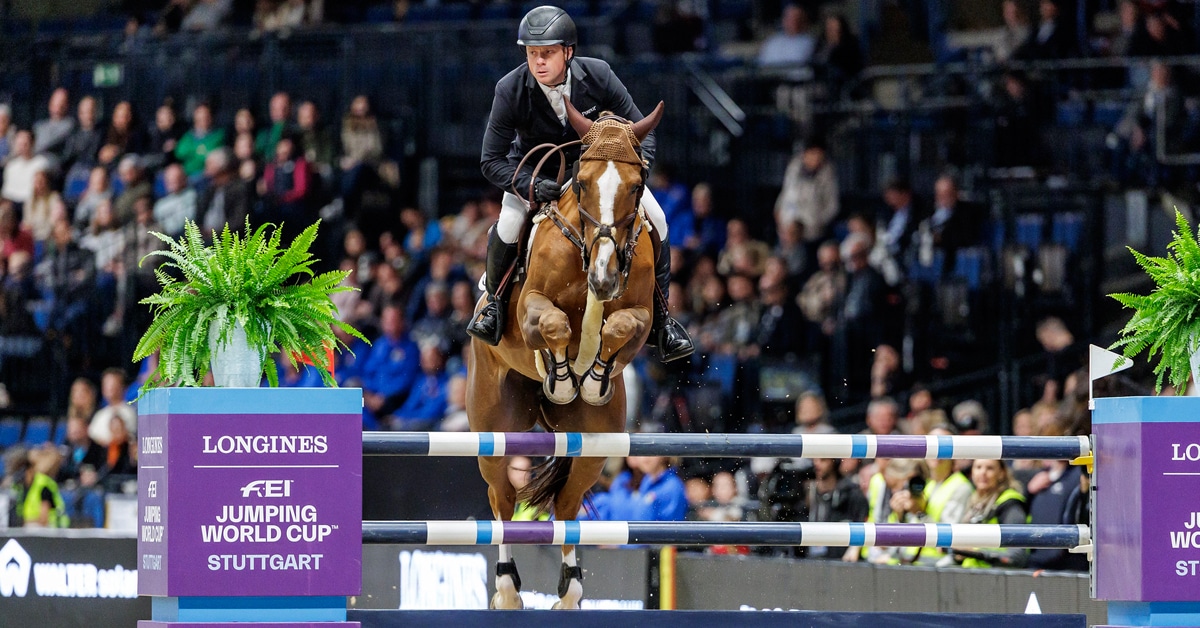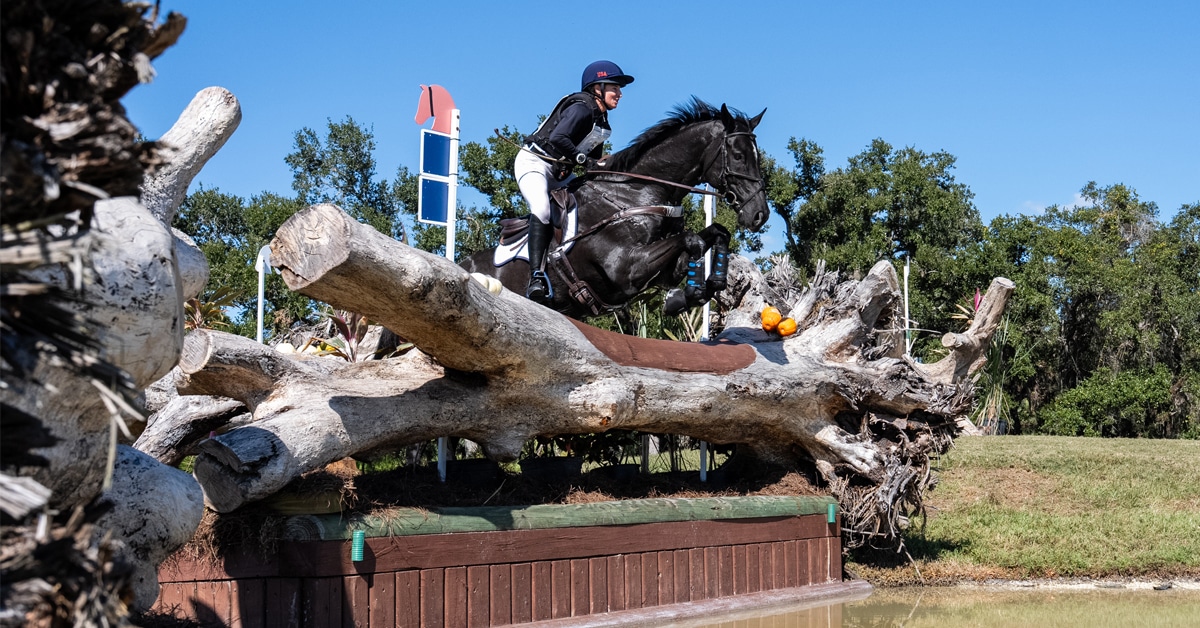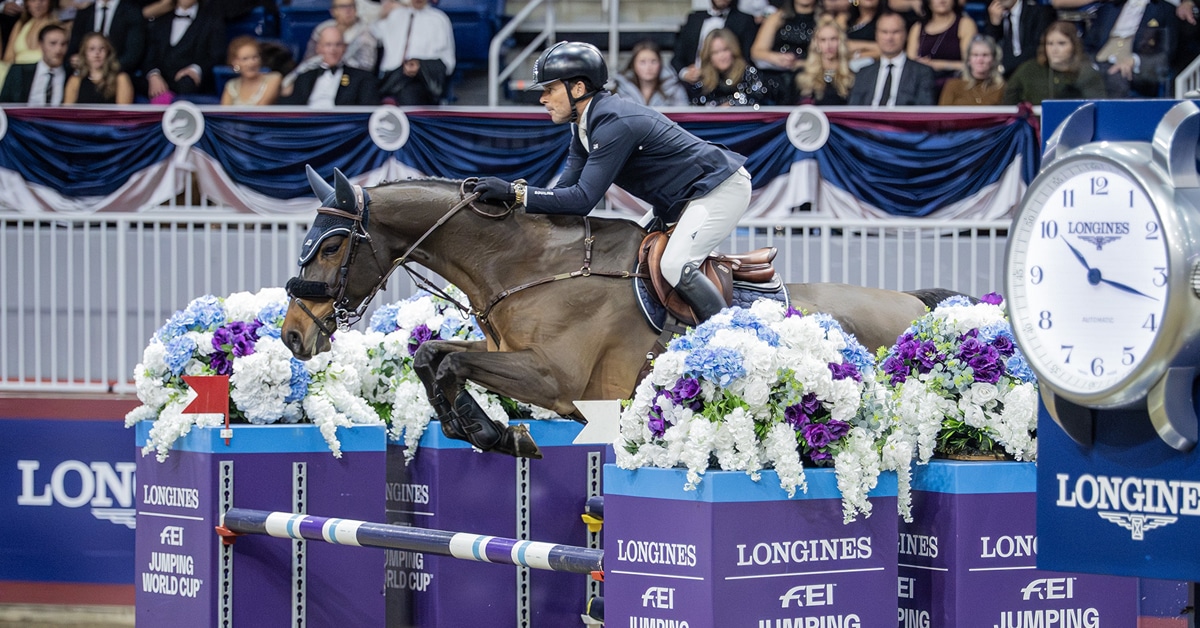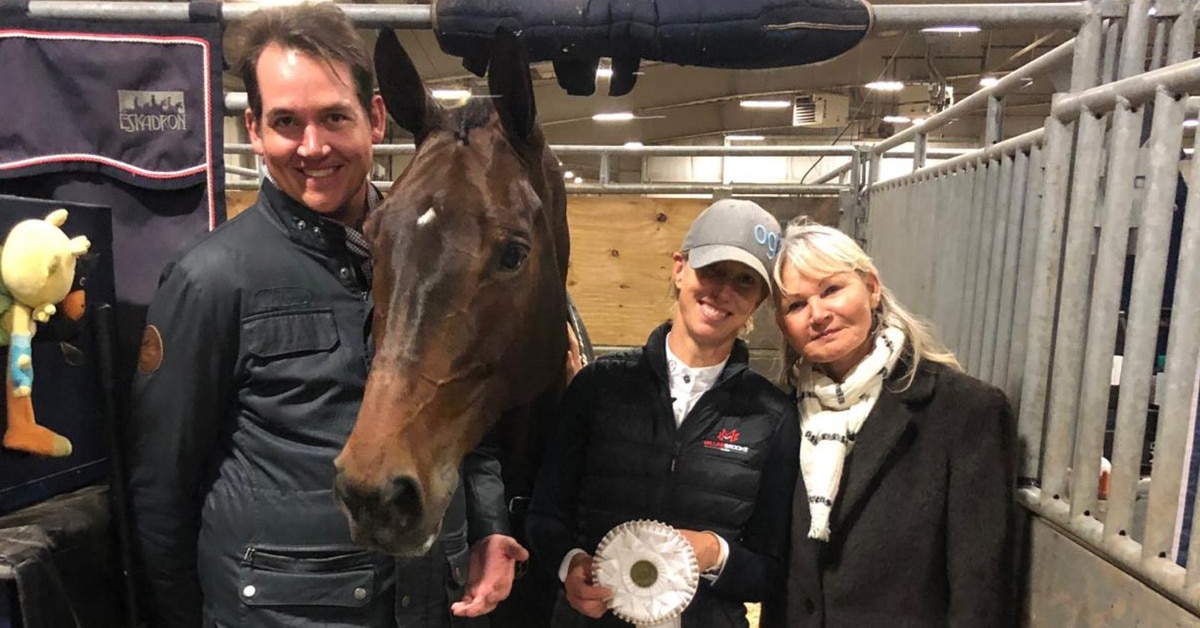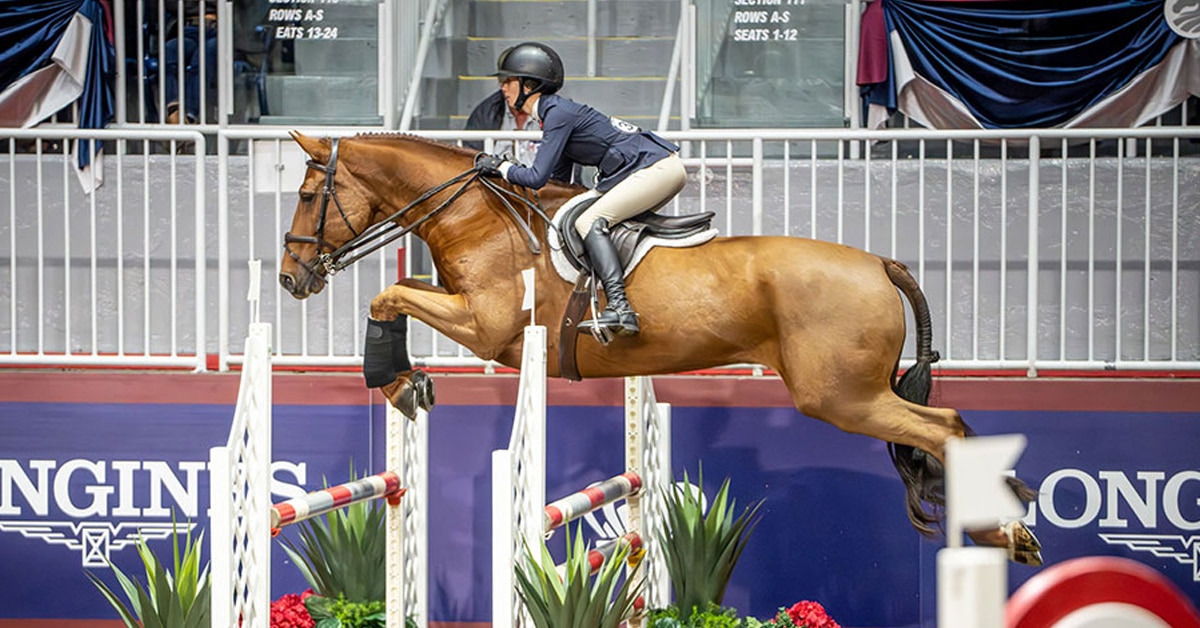The FEI has said it is not planning to mandate vaccination against the fatal Hendra virus, following outcry in Australia over the past two weeks.
The rare but zoonotic (spreads between animals and humans) Hendra is a hugely divisive topic in Australia. Some horse owners say they would stop competing rather than vaccinate, even if it brought Australian horse sport to a halt.
A AUS $53million class action against US pharma giant Zoetis is working its way through the federal courts. The no-win, no-fee litigators LHD Lawyers have invited over 50,000 horse owners to opt-out of the action, rather than opt-in, by the end of January.
LHD allege that Zoetis did not advise the side-effects of its Hendra vaccine Equivac HeV, and failed to trial it properly. It is claimed that 1,500 horses suffered such ill effects from vaccination they can no longer work.
A previous attempt to mandate vaccination by Equestrian Australia (EA) was dropped in 2015 amid protest from the equestrian community, as was EA’s planned sponsorship deal with Zoetis last year.
The topic boiled over again last week with news that the FEI veterinary committee – whose vice-chairman is EA’s head vet Kirsten Neil – had discussed Hendra during 2019. Horse owners were incensed that, knowing how emotive Hendra is, EA had not informed interested parties. Others refused to believe EA had only just found out itself.
Social media raged for a week before the FEI advised this was a discussion, not a matter up for ratification at the FEI General Assembly in Moscow (November 16-19) The FEI also confirmed it did not alert EA till November 1st.
A Hendra-related incident – of which no details are disclosed – at an FEI endurance ride earlier this year “triggered” the FEI discussion and remains under review. But during its regular meeting in Lausanne, Switzerland (November 5-6), the FEI veterinary committee decided “unanimously” not to progress any proposal for vaccination.
Hendra is named after the Brisbane suburb where the first recorded outbreak occurred in 1994, involving 21 racehorses and their trainer Vic Rail, who died from severe lung inflammation.
Hendra is spread via the excrement and bodily fluids of fruit bats (aka flying foxes) to horses, and from infected horses to humans. Clinical signs in horses may include fever, elevated heart and respiratory rates, nasal discharge, ataxia, muscle twitching, recumbency, blindness or sudden death. In humans, it tends to attack either the respiratory system or nervous system, with complications including septic pneumonia and encephalitis.
A total of 84 horses have died. Four people have died from the seven known human cases – mostly in the era before the disease was widely recognised, and affecting people who undertook autopsies or other invasive procedures on Hendra-sick horses while wearing insufficient protection.
Mandatory vaccination – whether imposed by government or the industry – is the stated aim of the Australian Veterinarians Association (AVA) . AVA also says: “Sick, unvaccinated horses from areas where there have been known Hendra virus infections must have Hendra virus infection ruled out by the collection of blood and nasal, oral and rectal swabs by the attending veterinarian. Until results of Hendra virus exclusion testing are received, horses may receive sub-optimal therapy, and diagnostic procedures will be limited.”
In the two states where Hendra has occurred, New South Wales and Queensland, public health authorities supply guidelines for humans in contact with at-risk horses, one of which is to avoid “kissing your horse on the muzzle.” They only go as far as “strongly recommending” vaccinations for horses.
For the opposing view, campaigners such as “Champs” believe that a small number of veterinary professionals is exaggerating the likelihood of contracting Hendra while undermining the range of reported allergic reactions to both the initial dose and six-monthly boosters.
Horses have died from other illnesses because of vets following the AVA directives. In September, India Gready’s eventer Rambler was declined treatment (apart from pain management) for suspected plant poisoning because his Hendra vaccinations were not up to date. By the time tests proved Rambler posed no Hendra risk, he was dead. A Facebook page in his memory is now supporting Dr Joanne Macdonald’s research at the University of the Sunshine Coast (USC) into a 20-minute stall-side diagnosis tool.
The sense remains on social media that EA consciously withheld information from the public about the FEI discussions, despite EA issuing four updates in the past week.
The FEI veterinary committee’s brief annual report was published online on October 23rd, amongst volumes of other GA paperwork. It mentioned that some Australian competitions were having difficulty securing officials in Hendra risk areas and that the committee would decide “whether to propose” a vaccination rule for horses participating in FEI events.
These remarks were widely misconstrued as meaning a recommendation had already been made and would by-pass the FEI’s statutory consultation process with “back-door” vote in Moscow.
FEI head vet Goran Akerstrom has rebuked the online criticism of EA staffers. Akerstrom said it was the FEI who requested Neil to provide documentation from the Australian health authorities and added: “While everyone has a right to voice their opinion and we are aware of the sensitivities of this topic, we do not condone harassment of any sort and we ask people to be respectful when posting on this issue.”
Hendra is not the only controversy embroiling EA. EA board chairman Alastair Mackinlay stood down at the EA AGM in Sydney on November 7th.
His departure just eight months into the role is understood to result from other recent governance issues. The mainstream media has also reported reaction to the EA chairman’s annual report in which Mackinlay described this summer’s inquests into the death of eventers Caitlyn Fischer and Olivia Inglis as a “distraction.”
He is replaced by double dressage Olympian Ricky MacMillan.
More News
